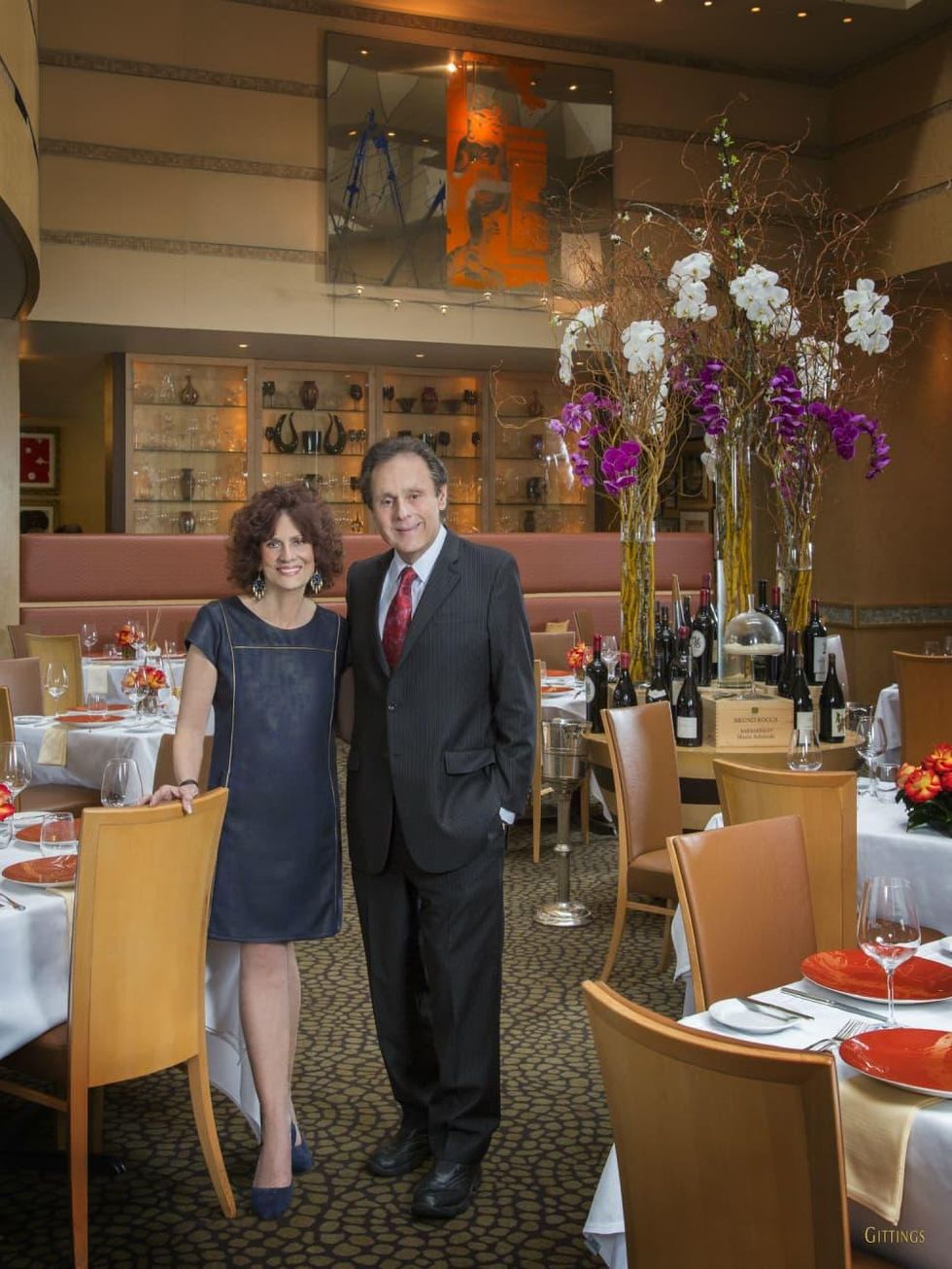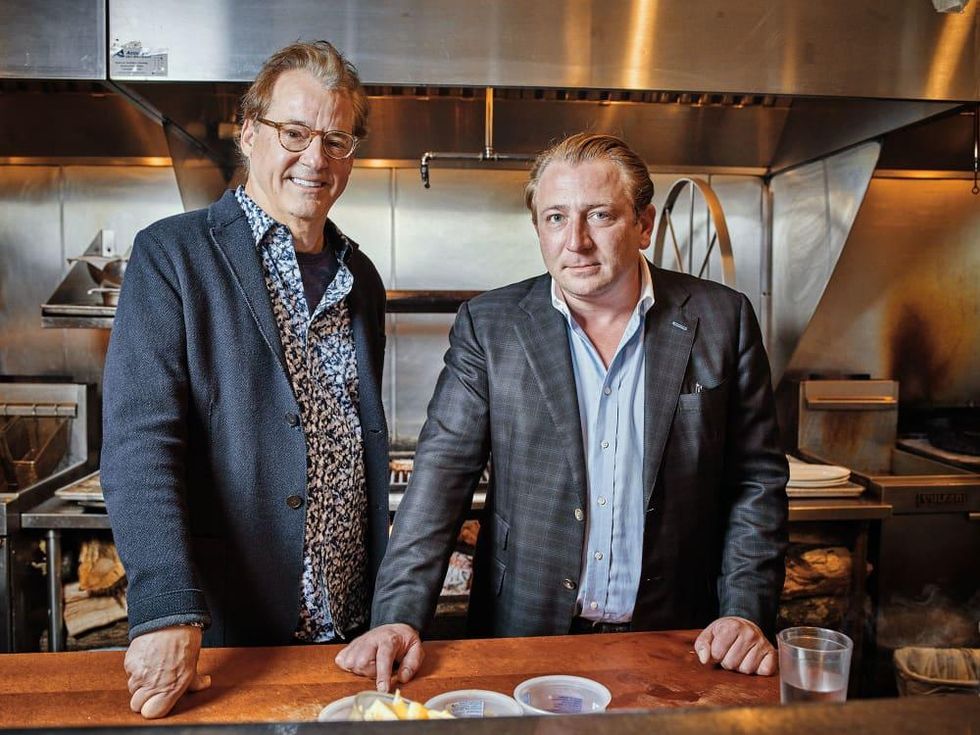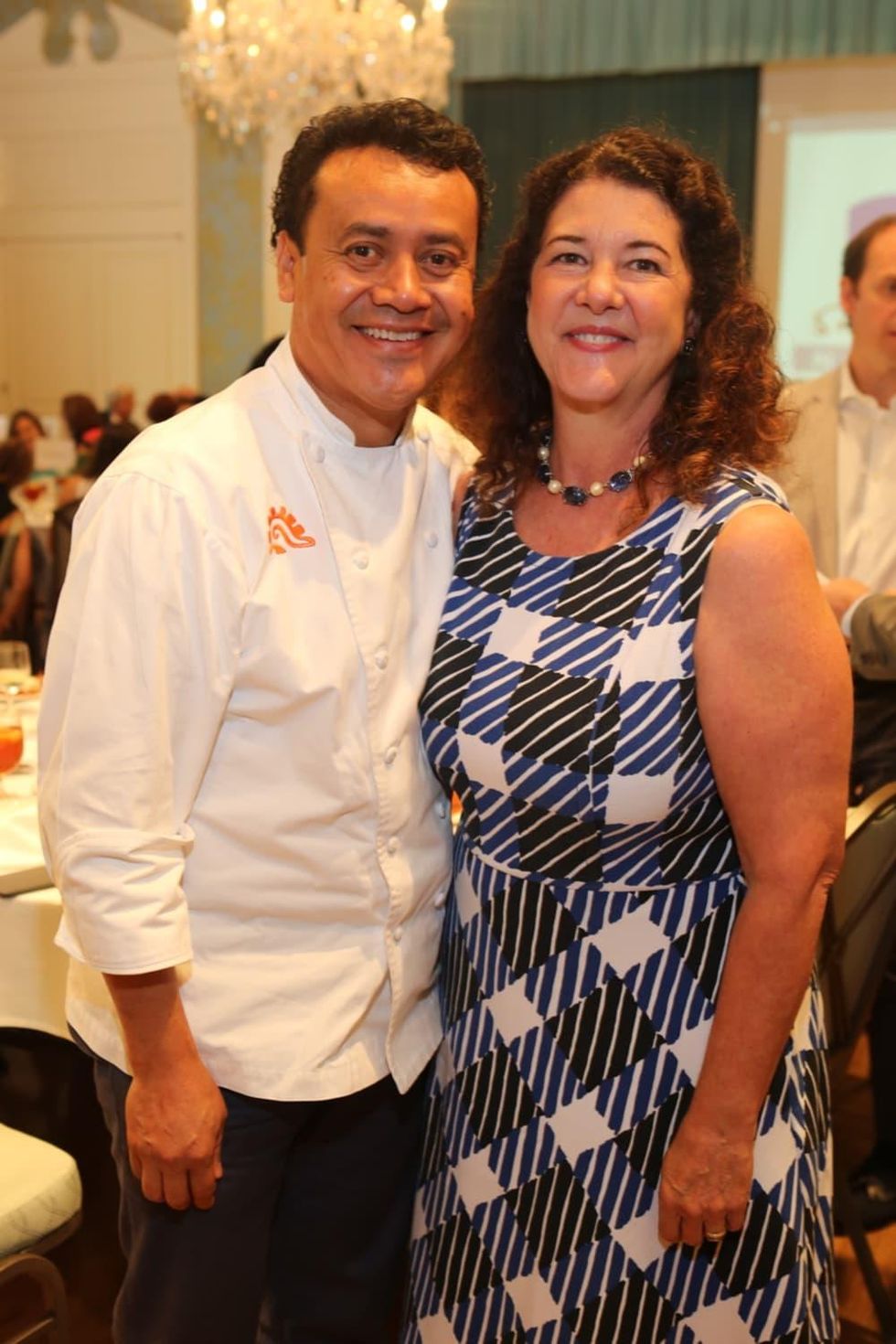serving up answers
Iconic Houston restaurateurs share how they're surviving during COVID

Houston’s vibrant restaurant scene is under siege. While the city has long been home to a dizzying array of high-quality, independent restaurants — numbering in excess of 10,000 independent and chain outposts — many are at risk during the assault of the COVID-19 pandemic.
To assess the damage, CultureMap caught up with four iconic Houston restaurateurs: Ben Berg, of B&B Butchers, Annie Cafe, BB Lemon, and more; Lonnie Schiller, of The Grove; Tracy Vaught, of Hugo’s, Caracol, and more; and Tony Vallone, of Tony’s.
The frank conversation underscored the severe condition of Houston’s restaurant industry, and revealed the proprietors’ intense passions to survive and a call to support our cherished local restaurants.
The full video is available below.
Coming from New York some 10 years ago, Ben Berg says his attraction to Houston was the “individual small business restaurants” — something Schiller called part of “the fabric of Houston.” That fabric could, however, rip; the panelists all made clear that local independents do not have the reserve funds of larger restaurant chains and thus, are in danger.
Schiller bluntly offered that the new normal and COVID-19 economy could render a “corporate restaurant wasteland,” adding that Houston “will be a different city” if it loses its independently owned staples.
When asked for one word to describe their current situation, Vaught offered “fearful” — all echoed the sentiment. Vallone added “sleepless,” describing his “waking up during the night and writing down ideas.”
Berg described the frustration of dealing with a situation where “you are not in control.”
To survive, the group’s restaurants have been forced to make adjustments. Vaught had to lay off “in the beginning, 400 people,” and Berg has been “running skeleton crews” in the restaurants that he has been able to keep open.
Vallone has closed his restaurant Sunday and Monday — a first for his legendary spot. Schiller invested in a new patio at the Grove, due to the CDC recommendations of eating outside. All have increased to-go business, but noted that it does little to cover their expenses.
PPP loans have been essential for all. But the funds have now been spent, as the impact of the virus has dragged on, and future debt payments could add a new burden.
“The last thing we need is another loan,” Vaught lamented, noting that her loan, “won’t be forgiven because I won’t be able to hire to the level required.” Vallone noted it will be “hard for us to pay anything back if we are bleeding for a long period of time.”
The group voiced the need for more government support. Vallone called on the government to “erase the (PPP) debt” as a meaningful step. Schiller held out hope that in a new stimulus package there would be additional funds for restaurants — either as another round of PPP funds or some other means to provide relief.
While in recent days, Congress has focused on relief to individuals, Vaught noted that funding restaurants will support employees: “Restaurants employ a huge number of people in the nation, so if a lot of restaurants go out, then the government is going to be left holding that bag anyway.”
Pressed for a silver lining, the group provided some nuggets. Many of their employees, seeing the difficult times, have volunteered to do tasks beyond their normal job functions. The crisis has also brought people together.
Vaught cited an increased sense of humanity among her employees, noting that they are “taking more time to care of the emotional needs [of each other].”
At the very least, the group said this crisis has fostered renewed appreciation for their craft and enhanced unity within the industry.
“Hospitality, by definition, is about people getting together,” Schiller noted. Vallone stressed, “It’s our livelihood. We care, we are going to give you all we have … we have our passion in this.”
“We are all in this together,” Vallone added. “Whatever type of restaurant we have; we are all in this together.”




